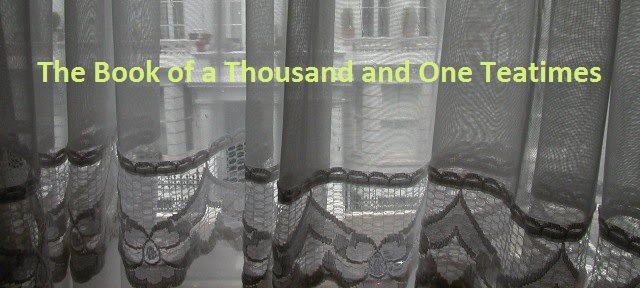
Right: DIY Queen and Chia-Bot - Photo by Jill Greenberg for Wired
A few days ago Martha Stewart, American media icon, was denied entrance into the U.K. This – according to a lawyer unaffiliated with Martha who commented on the case – was “bonkers.” As this worthy observed, and as I can personally attest from my last two experiences being allowed to land in England, it’s all down to the individual who looks at your passport. I looked suspicious enough to be detained for six hours in 2007, and unsuspicious enough to be passed through in 30 seconds in 2008. The legal expert commenting on the case confirmed my own suspicions: it’s all down to the luck of the draw.
What Martha needed was the luck to draw the same passport control officer who allowed convicted rapist Mike Tyson to visit the U.K. after he served his sentence. The U.K. is officially opposed to "the entry to the UK of anyone convicted of "serious criminal offences abroad," but apparently that offense didn't qualify to keep the champ out of England.
It would be one thing if lying to a government prosecutor was a crime held to be more heinous than rape on either continent, but as the lawyer chappie remarked in his comments, the crime that was worth a whopping five months in a federal lockup in the States (which Martha did while knitting sweaters for all her fellow inmates) is in any case not a criminal offense here.
So there would appear to be no clear guidelines for deciding who constitutes a threat to the public welfare, which is presumed to be the guiding principle in either allowing an alien to land or putting them on the next plane back to their airport of origin. A conviction for rape can be overlooked, but one for lying – not perjury, I’d like to point out, but lying in the course of an investigation into insider trading – may not, depending on who’s doing the looking.
In my own case, not appearing to have a satisfactory (to someone) reason for coming to London to live for six months may have aroused enough suspicion for detention. But we might want to consider that the answers that marked me a possible threat to public welfare in 2007 were never uttered in 2008 because those questions were not asked. The questions that were asked were the same initial questions as in 2007, roughly: “Where are you going?” “London” “How long will you be here?” “Six months.” and “Do you have family here?” “No.” And while last year those answers resulted in six hours confinement at Her Majesty’s pleasure while getting photographed, fingerprinted, searched, and multiply interviewed, this year they resulted in Stamp, stamp, “Next!” A perverse part of me wanted to ask why I wasn’t a threat this time, but I clapped my hand over its mouth and walked through the “Nothing to Declare” line into Terminal 4 with my jaw still hanging open just a bit. Finally I got my wits about me enough to manage a mental fist-pump and a silent “Yessssss!”
So Martha, though I may be of the opinion that you’re slightly pointless, you’re a highly-successful slightly-pointless multi-millionaire who emerged from a stint behind bars with your public reputation very little affected by what most Americans seemed to think of as a more than slightly-pointless prosecution and conviction. Publicly you maintained your sense of humor and your sense of self, and turned something that could have killed your career deader than Caesar into a sort of triumph, so I doubt you’re going to let a few of Her Majesty’s customs coppers take the shine off your life; heck, most of them can’t even knit a sweater.






